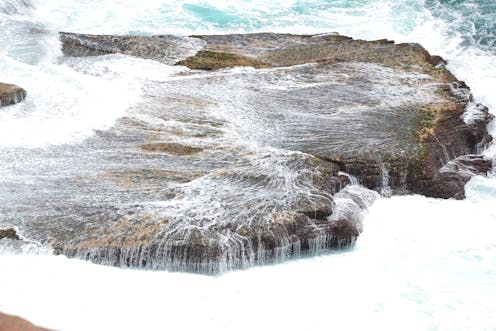Chemical weathering on the other hand is an actual change in composition as minerals are modified from one type to another. This weathering takes place naturally through the process of physical weathering and in the form of chemical weathering which involves rain snow and other precipitation with synthetic compounds.
Weathering Weathering Ppt Video Online Download
how does temperature affect the rate of chemical weathering
how does temperature affect the rate of chemical weathering is a summary of the best information with HD images sourced from all the most popular websites in the world. You can access all contents by clicking the download button. If want a higher resolution you can find it on Google Images.
Note: Copyright of all images in how does temperature affect the rate of chemical weathering content depends on the source site. We hope you do not use it for commercial purposes.
The weathering process produces chemical or physical decay of exposed rocks on the earths surface.

How does temperature affect the rate of chemical weathering. Surface area effects the rate because weathering occurs on the surface of the rock. Rainfall and temperature can affect the rate in which rocks weather. Temperature affects the rate and type of weathering.
Rocks in tropical regions exposed to abundant rainfall and hot temperatures weather much faster than similar rocks residing in cold dry regions. The process of weathering typically begins when the earths crust is uplifted by tectonic forces. Many if not most of the changes are accompanied by a volumetric increase or decrease which in itself further promotes additional chemical weathering.
High temperatures and greater rainfall increase the rate of chemical weathering. The amount of water in the air and the temperature of an area are both part of an areas climate. The effects of climatic temperature variations 5350c on chemical weathering are investigated both experimentally using flow through columns containing fresh and weathered granitoid rocks and for natural granitoid weathering in watersheds based on annual solute discharge.
Moisture speeds up chemical weathering. The rate if weathering in a rock is determined by surface area temperature moisture and chemical composition. 1 weathering is a term which describes the general process by which rocks are broken down at the earths surface into such things as sediments clays soils and substances that are dissolved in water.
The rate depends on temperature surface area and available water. How does climate affect the rate of weathering. This process explains the presence of broken boulders and stony fragments that litter mountaintops.
In general hot wet climates accelerate chemical weathering while cold dry climates accelerate physical weathering. Factors that affect the rate of weathering 1. Although the rate of weathering depends on the type of rock rocks in tropical climates experience the highest rates of weathering because of the combination of high heat and heavy rainfall.
Erosion the incorporation and transportation of weathering products by a mobile agent such as wind water ice. At high elevations cold nighttime temperatures during much of the year can produce relentless freeze thaw cycles. The region in which earthen debris resides also influences patterns and degrees of weathering.
The quantity of rain degree of temperature change and length of exposure to the elements determine the rate of weathering and decay.
Teaching Point To Analyze The Factors Affecting The Rate Of
Factors Affecting The Rate Of Weathering
Plant And Soil Sciences Elibrary Print Lesson
Factors That Affect The Rate Of Weathering Page Ppt Download
How Does Temperature Affect The Rate Of Chemical Weathering
How Does Temperature Affect The Rate Of Chemical Weathering
Objectives Distinguish Between Weathering And Erosion Weathering
How Does Climate Affect The Rate Of Weathering Sciencing
How Does Temperature Affect The Rate Of Chemical Weathering
